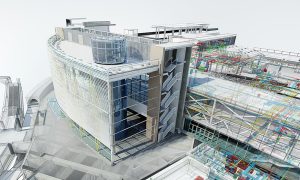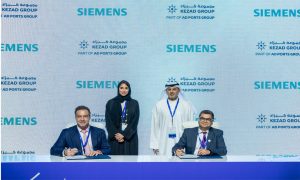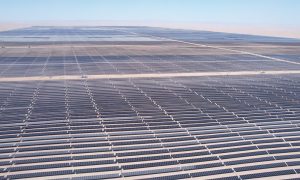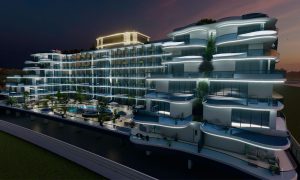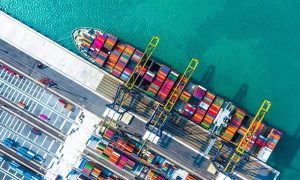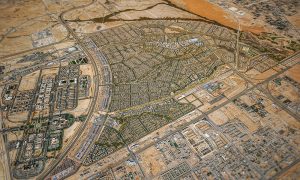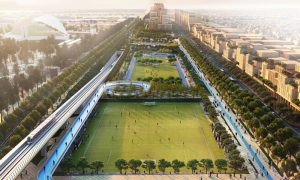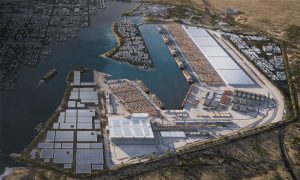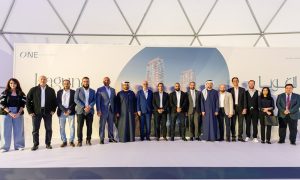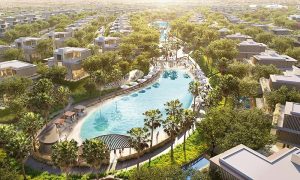Middle East’s upscale projects are a two-edged sword says report
The report reveals a need to mitigate talent and resources shortfalls, as investment continues to surge
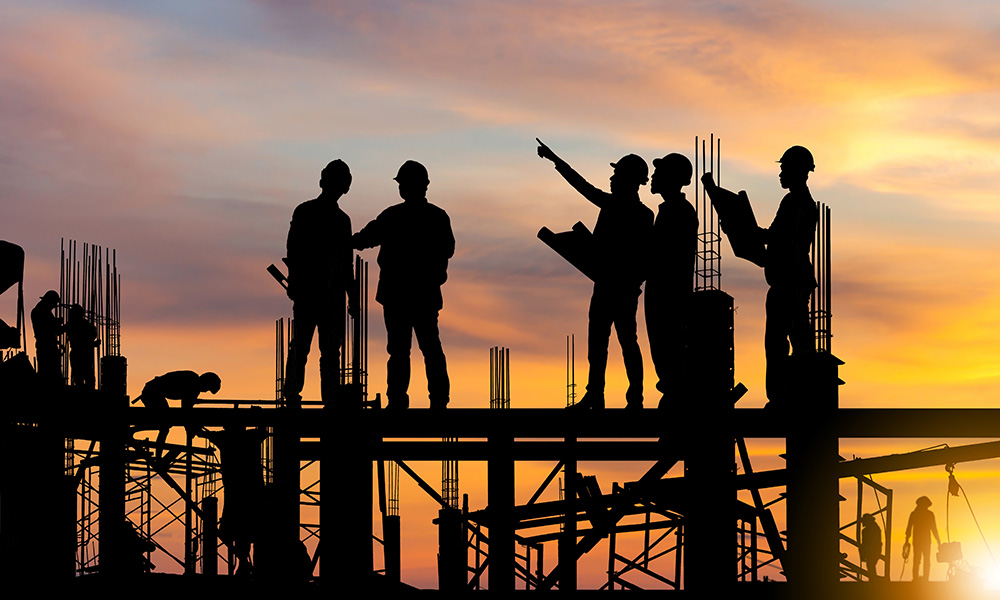
A new report from Turner & Townsend reveals that the Middle East’s ambitious giga-projects and state-backed developments are not only driving construction activity across the region, but markedly impacting supply chain capacity. Nonetheless, this rapid surge of investment, paired with inflation falls and economic diversification, continues to attract top international talent.
The International Construction Market Survey (ICMS) 2024 report from Turner & Townsend shows that rising demand, particularly in the Kingdom of Saudi Arabia (KSA), is pushing up construction costs. Riyadh is the region’s most expensive city to build in at $2,593 per sqm, as the Saudi capital benefits from accelerated growth.
Both domestic and foreign funds are capitalising on state-backed initiatives such as NEOM and KSA’s 2030 Vision. At the same time, construction cost inflation in the city is easing from the highs of 7% seen in 2023, but forecasted to remain high, at 5%, through 2024.
Demand is in part being fuelled by the significant increase in construction in sports, leisure and hospitality as the country gears up for Expo 2030 and the 2034 Fifa World Cup – a five-star luxury hotel in the city now costs an average of $4,798 per sqm. The Kingdom has also been trying to attract global corporate occupiers, with the price of an average high-rise CBD office in Riyadh now standing at $2,266 per sqm.
Skilled labour shortages are also keeping costs elevated, as the Kingdom intrinsically suffers from a distinct shortage of the skill-sets most vital for delivering its ambitious programmes. The result is that the talent and resources needed for giga-projects in the country are also stretching overall supply chain capacity across the Middle East, the report noted.
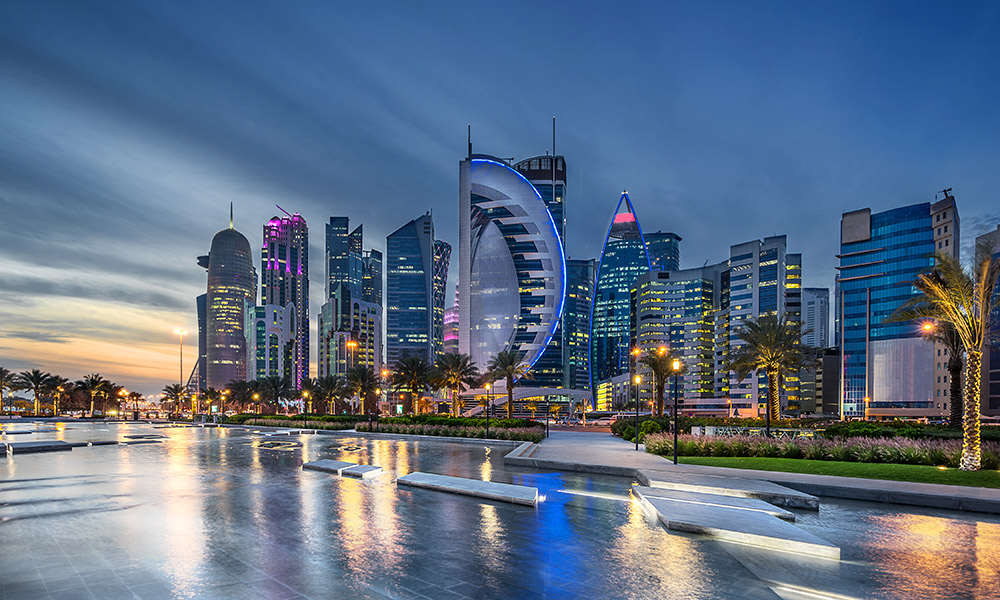
Doha is the second most expensive market in the region at $2,096 per sqm. However, following the high output in the lead up to the 2022 World Cup, construction cost inflation is projected to fall from 3.5% in 2023 to 2.5% in 2024. This reflects softening construction demand locally, with investment and skilled talent being drawn to nearby Saudi Arabia.
Meanwhile, Dubai has an average cost to build of $1,874 per sqm. Dubai combines factors such as a growing population and continued high tourism with strong activity in the residential, development and hospitality sectors – all of which benefit from relatively low labour costs. The consistency of investment in the market, as foreign visitors and skilled migrants come to holiday or live in Dubai, means Turner & Townsend is predicting construction cost escalation at a high rate of 5% through 2024.
In the face of potential labour bottlenecks across the Middle East, Turner & Townsend is advising clients to prioritise identifying the right procurement strategies and establishing innovative ways of working, along with digital techniques, in order to battle the capacity crunch and get ‘more for less’.
Mark Hamill, Director and Head of Middle East Real Estate and Major Programmes at Turner & Townsend, said: “Over the past year, we’ve seen the Middle East continue to be a hub of major growth and investment as the region aims to move beyond its economic dependence on oil. The stand-out story is the accelerated development of KSA, where vast ambitions are being realised via projects like The Line, King Salman Park and Diriyah Gate.”
“Despite the KSA leading the pack in terms of activity in the Middle East, there remain considerable real estate opportunities in the UAE and Qatar as inflation cools. Nevertheless, with labour capacity being stretched across the region, clients will need to review their procurement and contracting models to help mitigate supply chain disruption and maximise the potential opportunities on offer,” noted Hamill.


